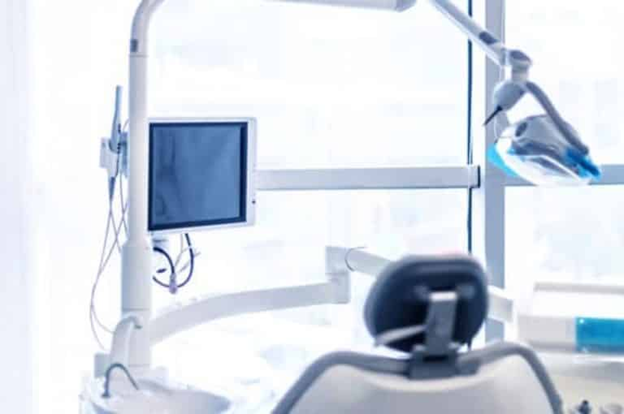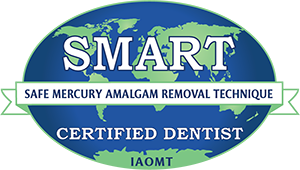The Cost of Skipping Dental Care
A trip to the dentist may seem like a harmless thing to postpone. Schedules get busy and arranging to visit your family dentist can cost time and money, depending on the type of coverage you have. In the long run, however, the cost of skipping dental care and preventative check-ups and early treatments is greater than the cost of maintaining healthy teeth and gums. When more invasive treatments are needed, the side effects can be greater and the procedures and materials end up costing more.
When good oral health habits are practiced at home, it can be easy to assume that professional dental care is not needed, especially when no symptoms of decay or other issues are present. Even for patients with healthy teeth, it is recommended to visit your family dentist once every six months for a professional cleaning and exam. Dental hygienists are trained to use special tools to remove tartar from the teeth when plaque has hardened and can no longer be removed through brushing alone. Your family dentist has the expertise to identify other potential oral health issues early on, such as:
Early signs of decay and cavities
Signs of gum disease or infection such as bleeding or inflammation
Repairs needed to previous dental work such as fillings
Early signs of mouth or throat cancer
Other suspicious growths
Any concerns with the general condition of the bones in your face and jaw
Preventative and Restorative Care
Your family dentist can recommend preventative treatments such as fluoride and sealants. Fluoride is a mineral that strengthens the teeth and makes them more resistant to acid and decay. Dental sealants are gel coatings that are painted onto the chewing surface of the molars to protect the teeth from bacteria and food particles that can collect in the grooves of the teeth.
When tooth decay has already occurred, your family dentist can give you a filling by clearing the decay and filling the affected area with composite resin or amalgam. When a deep cavity is left untreated, the pulp pf the tooth can become infected. In this case, a root canal is needed to remove and fill the pulp of the tooth, sometimes requiring a post to be inserted to help support the filling.
The Cost of Not Replacing a Missing Tooth
When a tooth is damaged beyond repair it must be extracted to prevent the spread of infection. To replace a damaged tooth, your dentist can insert a post into the jawbone and attached a prosthetic tooth. This is known as a tooth implant. Although you can live without a full set of teeth, it is important to note the implications associated with not having a missing tooth replaced. The impacts of missing a tooth or teeth include:
Cosmetic effects: The aesthetic of your smile will be affected by having a gap in the teeth, and you may feel self-conscious about your smile and overall appearance.
Gum disease: When the gum is left uncovered and unprotected it increases the chance of germs getting into the gums and spreading infection to neighboring teeth.
Bone loss: When the roots of a tooth are no longer embedded in the jawbone it leaves a gap that can cause the bone to weaken over time. The weakened bone structure can eventually affect neighboring teeth.
Difficulty eating: A missing tooth can cause discomfort when chewing and limit the foods you are able to eat and bite in to.
Overall health: In addition to potential limitations on eating healthy foods, reduced oral health is associated with conditions such as diabetes, heart disease, stroke, and pre-term birth.
Speech problems: Missing teeth can affect the way you pronounce and articulate words.
If you don't invest in the proper preventative care and treatment, you may ending up paying the price later on. If you are in the Rapid City area and are in need of a dental exam, book an appointment today. Your local dentist can advise on the many options for preventive care, restorative treatments, and high quality tooth replacement.






